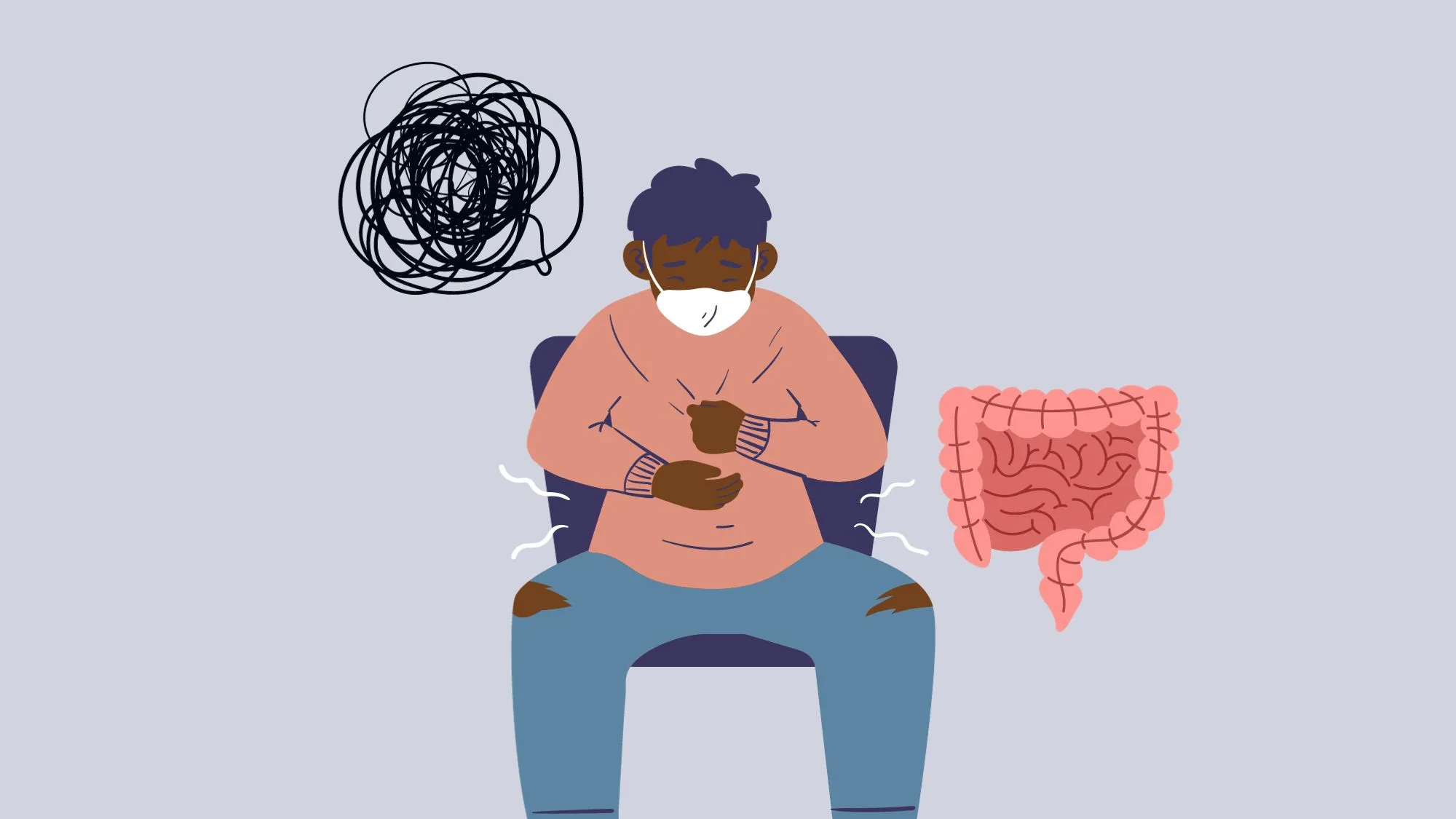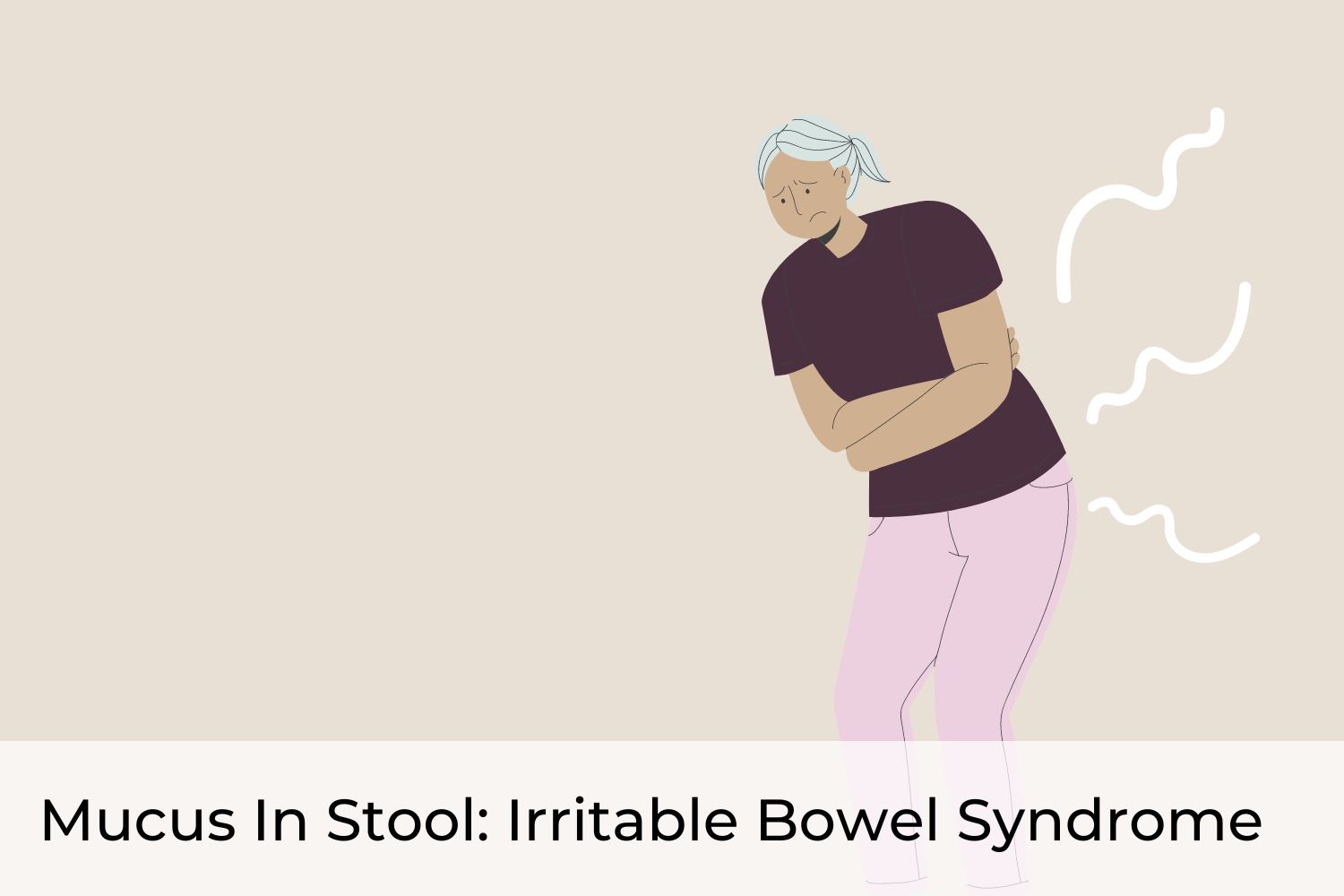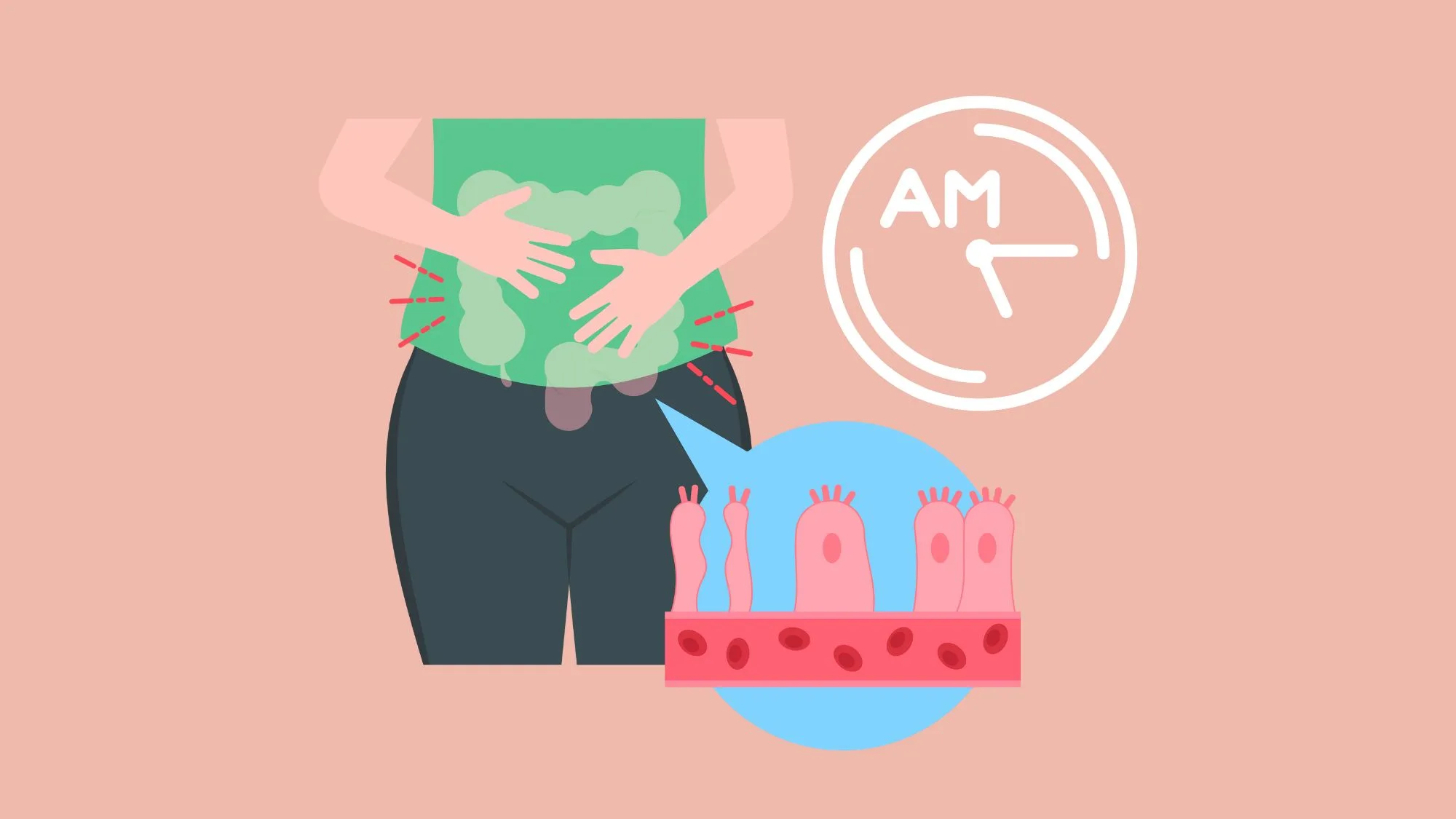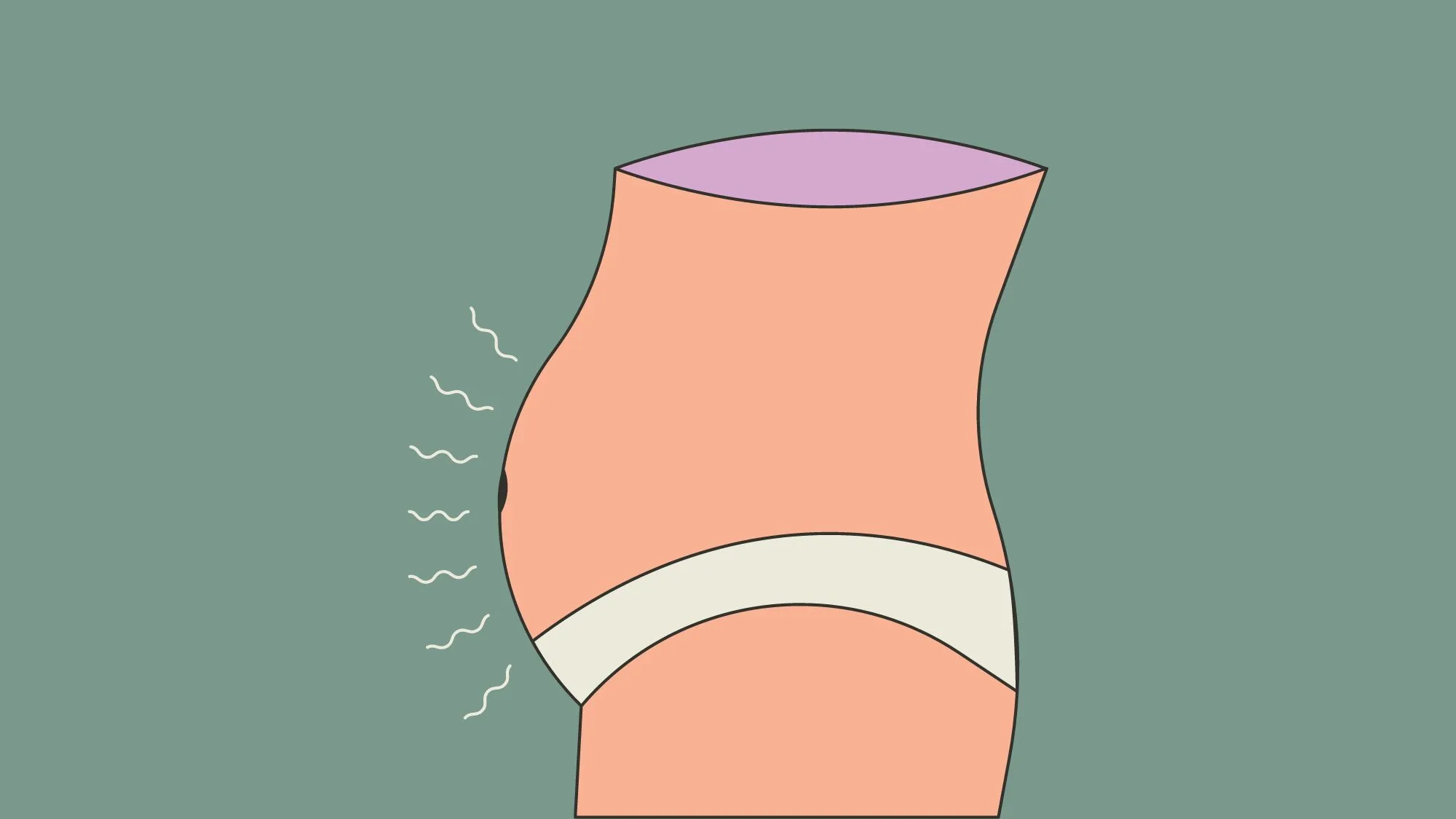IBS Symptom Tracker App: Journal for Food & Stool Tracking
In the world, Irritable Bowel Syndrome (IBS) is one of the most common gastrointestinal disorders with a prevalence rate of 10-15%. It mainly affects the large intestine which can cause the following symptoms such as abdominal pain, flatulence, bloating, cramping,...










